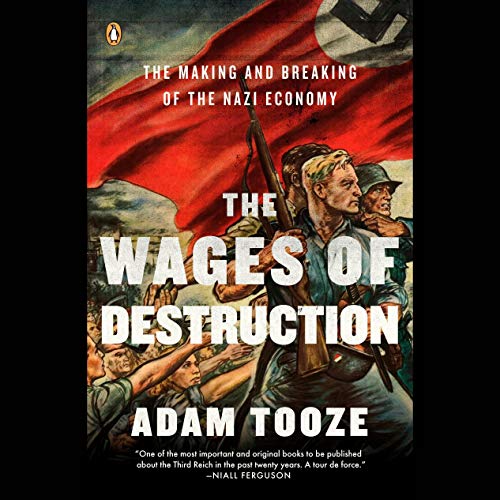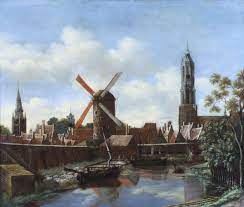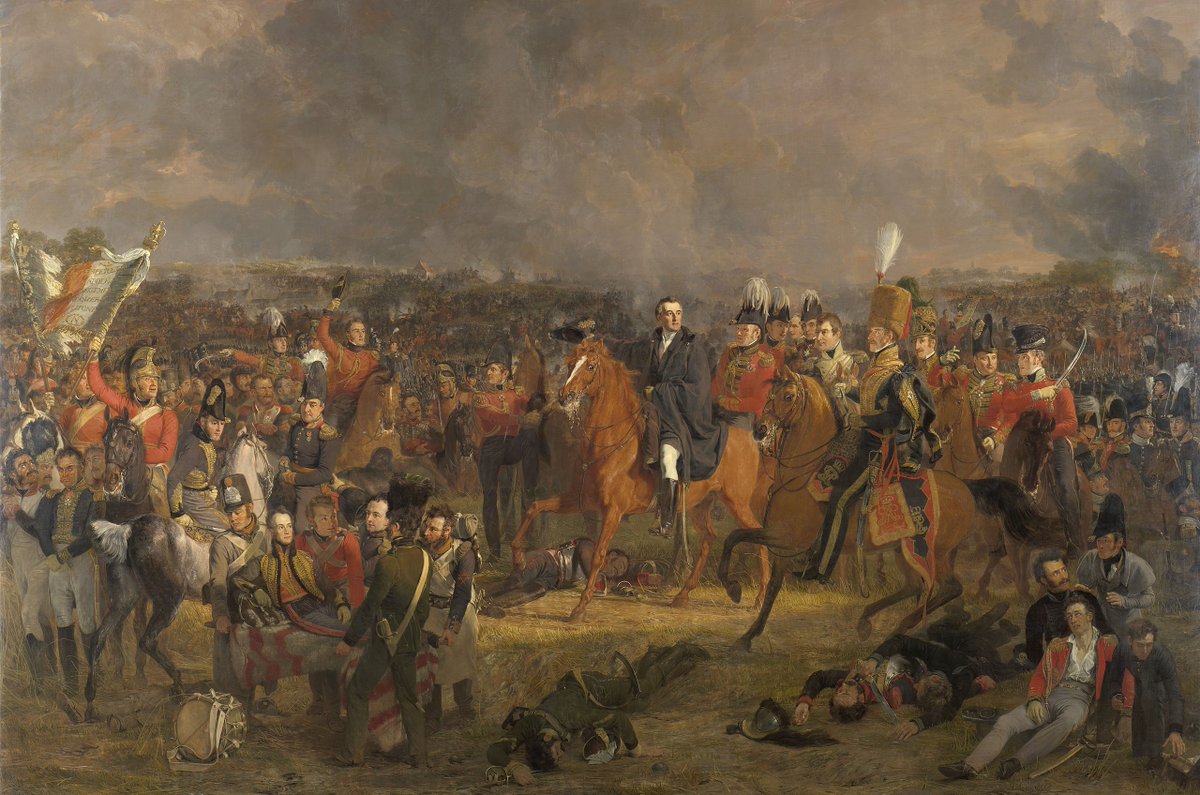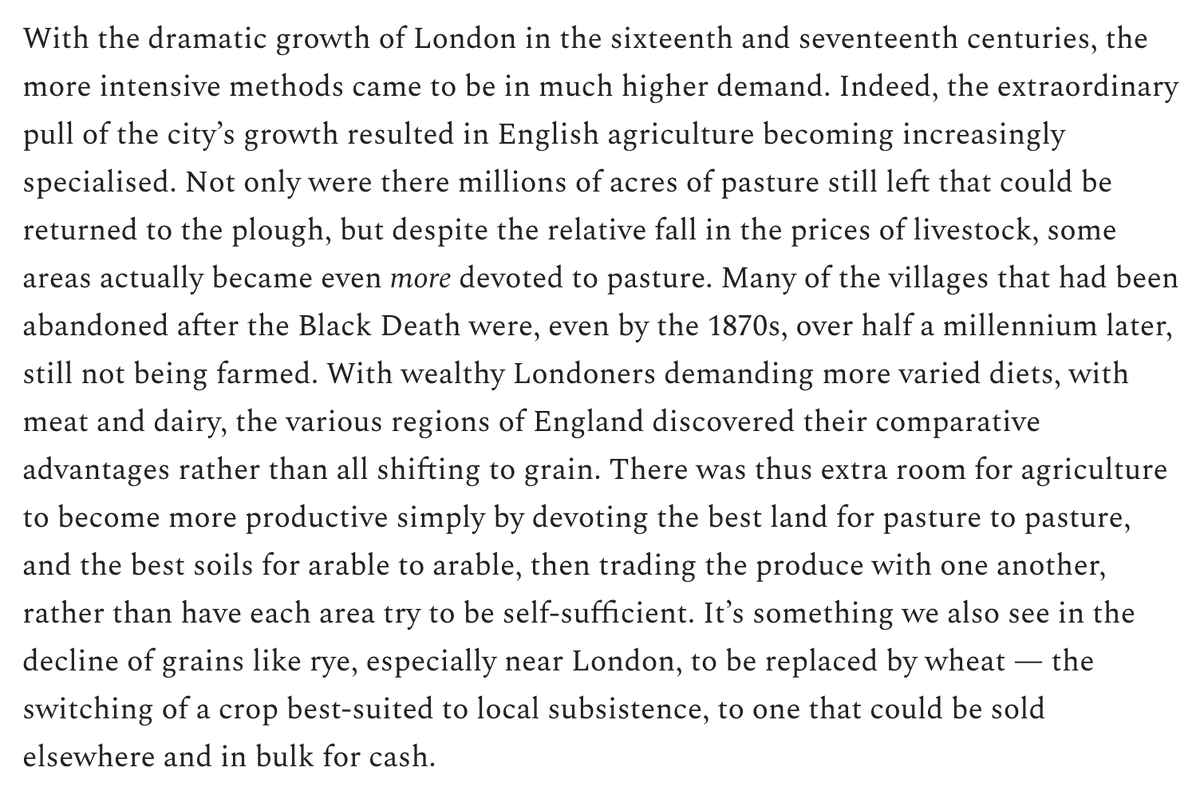
Someone recently asked for a list of the books that I've been listening to while running. So, without further ado:
RUNNING AUDIOBOOK POWER RANKINGS (in descending order):
RUNNING AUDIOBOOK POWER RANKINGS (in descending order):
10. Anthony, David W. The Horse, the Wheel, and Language: How Bronze-Age Riders from the Eurasian Steppes Shaped the Modern World
The rating is unfair, because it's better than several ahead. My lack of domain expertise meant I enjoyed parts (esp. first 1/3) more than the whole.
The rating is unfair, because it's better than several ahead. My lack of domain expertise meant I enjoyed parts (esp. first 1/3) more than the whole.

9. Abulafia, David. The Great Sea: A Human History of the Mediterranean
A truly sweeping, panoramic regional history, reaching for Braudel-ian scope and sometimes succeeding. A fantastic introductory book in political history terms, if a bit light on social and economic aspects.
A truly sweeping, panoramic regional history, reaching for Braudel-ian scope and sometimes succeeding. A fantastic introductory book in political history terms, if a bit light on social and economic aspects.

8. Wickham, Chris. Medieval Europe
This book would be higher if the author wasn't already on the list, because I think that this might be the best general survey of the period that I've read. The narrative is great, and Wickham does not skimp on his peasantry-economics, either.
This book would be higher if the author wasn't already on the list, because I think that this might be the best general survey of the period that I've read. The narrative is great, and Wickham does not skimp on his peasantry-economics, either.

7. Diamond, Jared. Collapse: How Societies Choose to Fail or Succeed
I loved listening to this one because it's Diamond, whose prose style is well-suited for the audio format. Content-wise, it's a bit fluffy and repetitive, but the individual narratives are gripping.
I loved listening to this one because it's Diamond, whose prose style is well-suited for the audio format. Content-wise, it's a bit fluffy and repetitive, but the individual narratives are gripping.

6. @Oklahomaharper. The Fate of Rome: Climate, Disease, and the Fate of Empire
Harper's book intertwines cultural, economic, and biological history in a fashion reminiscent of William McNeill (if he had access to modern science). Convincing argument for Rome's demise.
Harper's book intertwines cultural, economic, and biological history in a fashion reminiscent of William McNeill (if he had access to modern science). Convincing argument for Rome's demise.

5. @WalterScheidel. Escape from Rome: The Failure of Empire and the Road to Prosperity
The title is slightly misleading: it's not about the fall of the Empire, but rather Eurasian history before the Industrial Revolution. Gets the nod over Harper for having more and better EH.
The title is slightly misleading: it's not about the fall of the Empire, but rather Eurasian history before the Industrial Revolution. Gets the nod over Harper for having more and better EH.

4. @zachdcarter. The Price of Peace: Money, Democracy, and the Life of John Maynard Keynes
The best non-Skidelsky book on Keynes, and it has the added virtue of covering (if polemically) US political economy since 1945. It's also possibly the best-narrated audiobook of the lot.
The best non-Skidelsky book on Keynes, and it has the added virtue of covering (if polemically) US political economy since 1945. It's also possibly the best-narrated audiobook of the lot.

3. @adam_tooze. The Wages of Destruction: The Making and Breaking of the Nazi Economy
I loved this book, and it may jump higher as I have more time to think about it. Superbly written and performed, I relearned a lot about a subject (WWII) that I thought I knew well.
I loved this book, and it may jump higher as I have more time to think about it. Superbly written and performed, I relearned a lot about a subject (WWII) that I thought I knew well.

2. Wickham, Chris. The Inheritance of Rome: Illuminating the Dark Ages 400-1000
Imponderably deep. I echo @tylercowen in wishing that I could spend a month reading supplementary material. The economic history—production-vs-trade, Islamic agriculture, estate management—is superb.
Imponderably deep. I echo @tylercowen in wishing that I could spend a month reading supplementary material. The economic history—production-vs-trade, Islamic agriculture, estate management—is superb.

1. Diamond, Jared. The Third Chimpanzee
One of my favorite books, period. Diamond is witty, playful, brilliant, and depressingly sober all at once, leaping from the Neolithic Revolution to the climate crisis with ease. I think it's his best book. Never wanted it to end.
One of my favorite books, period. Diamond is witty, playful, brilliant, and depressingly sober all at once, leaping from the Neolithic Revolution to the climate crisis with ease. I think it's his best book. Never wanted it to end.

• • •
Missing some Tweet in this thread? You can try to
force a refresh














